This was the agreement between the government and farmers that unblocked the second rice strike of 2025.

Over the past two weeks, rice farmers have staged their second major national strike of 2025, protesting the price crisis facing the sector, which is causing losses of between 2.5 and 2.8 million pesos per harvested hectare. However, after 11 days of blockades in various departments across the country, including Tolima, Huila, Meta, Casanare, Córdoba, and Sucre, producers and the national government reached an agreement to end the mobilization.
In total, the parties made seven commitments. One of the most significant is the one that establishes a price regulation for green paddy rice (still in its husk) in response to the decline in producer payments compared to production costs and land leases for plantations, inputs, logistics, and water.
The government's commitment is to create a regulated freedom regime that will establish a minimum, differentiated purchase price for green paddy rice based on the conditions of each region . According to the Minister of Agriculture, Martha Carvajalino, this measure aims to ensure transparent pricing that reflects national market conditions and avoids losses for producers.
"The parties accepted the calculation formula established in the resolution proposed by the Ministry of Agriculture and agreed that the prices guarantee the producer's production costs without generating a profit," the commitment document states.
For Óscar Gutiérrez, director of Dignidad Agropecuaria, each region will be able to set a price based on climate, sowing, or even yield per hectare. "This is a positive decision that has been fought for for some time. It's a temporary, regulated freedom that I don't believe will go beyond the current market distortion," he said.
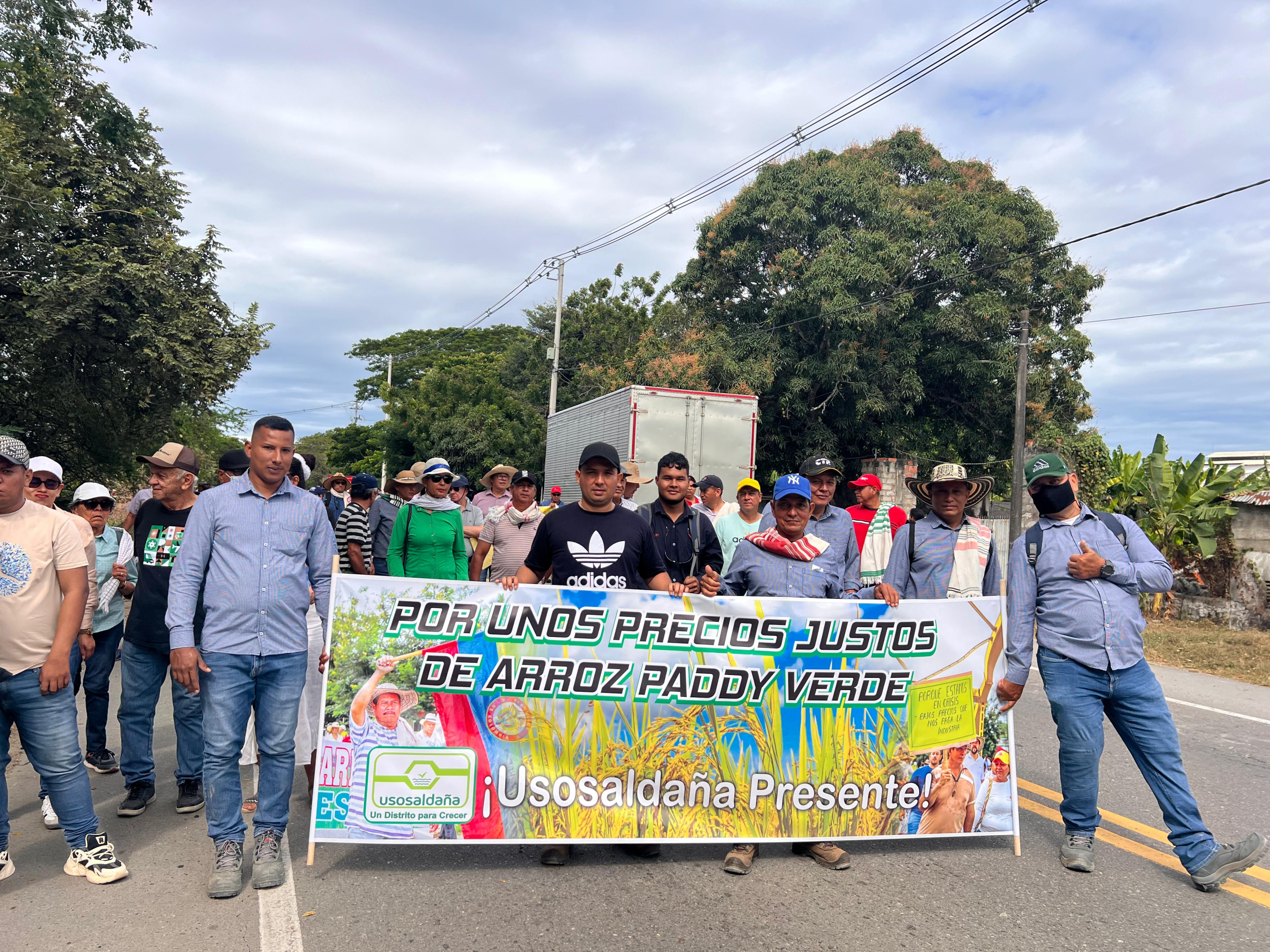
Rice farmers' strike in the country. Photo: Rice farmers
In response to rice growers' demands for effective control of imports and smuggling, especially from Ecuador, the Ministry of Commerce pledged to evaluate the feasibility of promoting the implementation of trade defense measures and reviewing the smart tariff policy.
For its part, the Tax and Customs Police (Polfa), in coordination with the National Tax and Customs Directorate (Dian), will conduct inspections at the designated collection centers and mills to review stocks and their origins.
The parties also agreed that the Ministry of the Environment will hold a technical roundtable to adjust the system and method of the economic instrument that will allow fair access to water for the agricultural sector. In addition, the Ministry of Finance will lead a roundtable to review the sources of information for determining the cost assumptions.
Finally, a committee will be created to monitor the agreements and implement the first steps to implement the package of measures that include direct marketing support and the Agricultural Input Access Fund (FAIA), which makes it easier for small and medium-sized producers to acquire inputs, among other things.
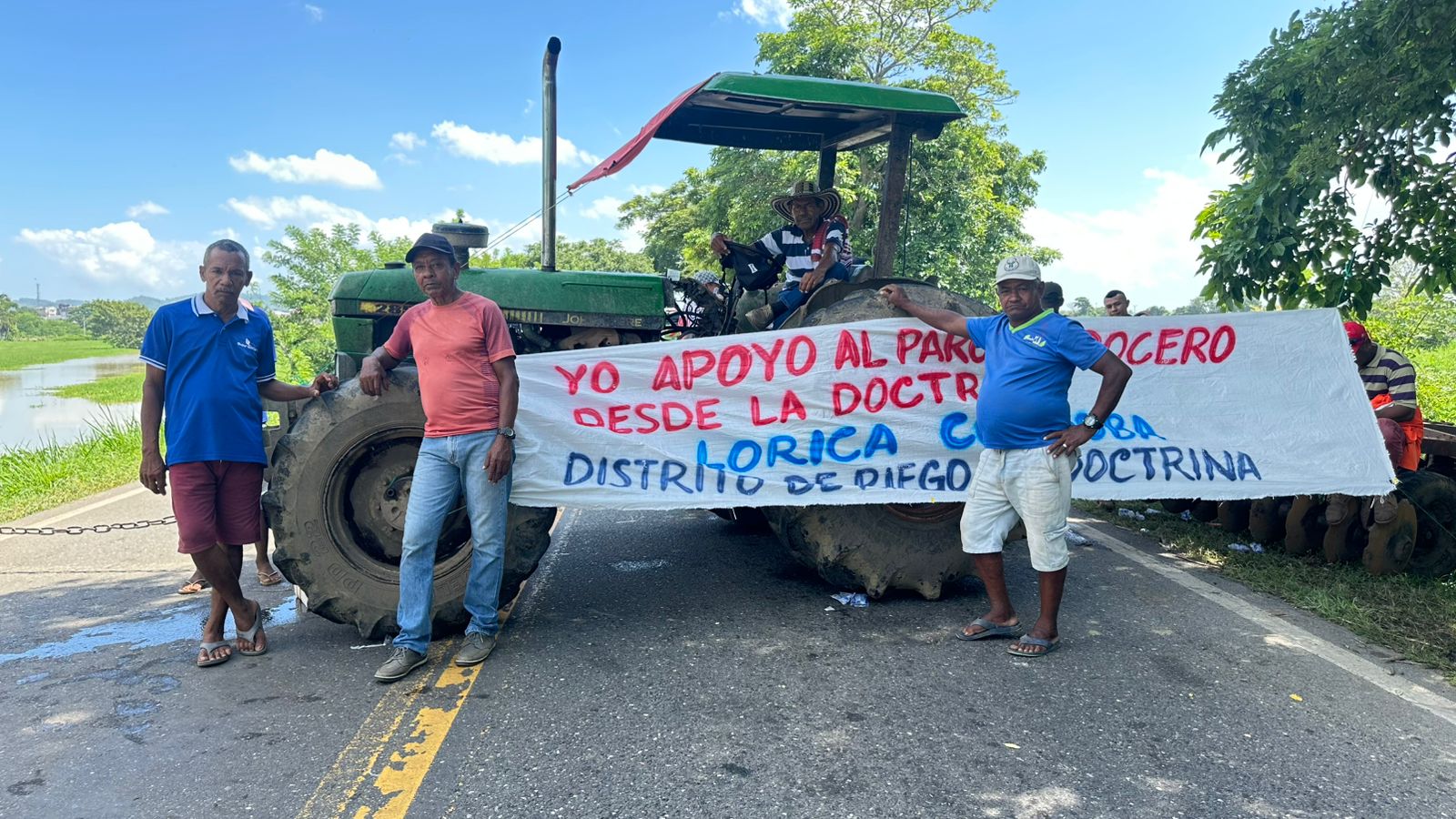
Rice strike in Sucre, with roadblocks on national roads. Photo: Private archive.
It's worth remembering that in March, the government presented rice growers with a resource package aimed at addressing the structural problems plaguing the sector. According to the Ministry of Agriculture, between April 9 and June 30, financial support was generated per ton sold, with differentiated amounts: 120,000 pesos per ton for low-income small producers and 78,000 pesos for medium-income producers. Additionally, the Faia Arroz program has invested 7 billion pesos in support for the purchase of fertilizers.
Unrest in the agricultural sector Rice farmers aren't the only ones demanding help in the face of low prices. Potato growers are also demanding solutions to the losses plaguing the sector. They have already held two meetings with the government, and if they don't reach an agreement by July 29, they are considering taking action.
Richard Sánchez, general manager of the Federation of Potato Producers (Fedepapa), says they are losing between 11 and 15 million pesos per hectare, in part due to the irregular entry of potatoes from Ecuador, the increase in frozen imports, and the increase in the harvested area due to higher prices in 2023 and 2024.
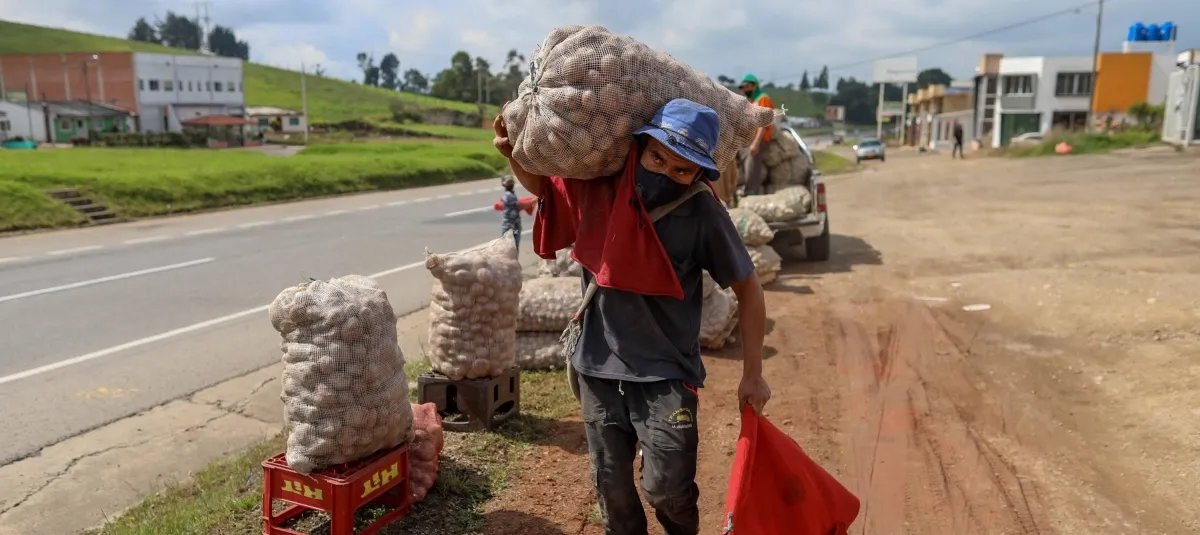
Papis are expected to go on strike again. Photo: César Melgarejo. EL TIEMPO
"While a kilo of potatoes sells for 350 pesos on the farm, in the city we pay 2,500 pesos , meaning producers aren't being paid what they should be. There are intermediaries who keep the farmers' money," the leader told this outlet.
In addition, some cocoa and banana farmers have also spoken out in recent days. On the one hand, the National Cocoa Roundtable claims that although a ton of cocoa is being sold abroad at $8,300, a kilo in Colombia is priced at 22,000 pesos, when they should be paying more than 30,000 pesos. "As if that weren't enough, they impose quotas and set purchase limits, forcing farmers to sell at any price," the union says in a letter.
On the other hand, the National Federation of Plantain Growers and Producers of Colombia (Fenalcup), which represents more than 7,524 plantain-growing families, announced that it will begin a national strike if the Ministry of Agriculture "persists in its neglect." They warn that their families remain mired in poverty, face technological backwardness, impassable roads, devastating pests, and no access to credit or real support.
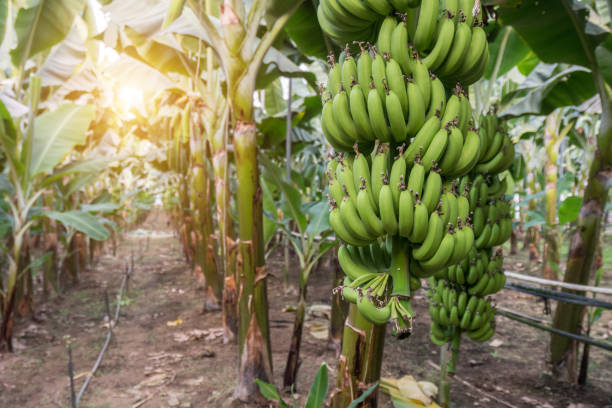
Banana growers in Colombia are also considering going on strike due to lack of aid. Photo: iStock
Agriculture Minister Martha Carvajalino asserted that Gustavo Petro's government does not require formal negotiations to meet with any producer and that the agreement with rice growers, along with the ongoing work with the potato sector and what they hope to do with cocoa and other farmers, is an example of how ongoing dialogue can be maintained to transform the country into an agrifood powerhouse.
"This government doesn't require any formal action to sit down with any producer anywhere in the country, and we will build the best possible approach so that together we can make the revolution for life," he stated.
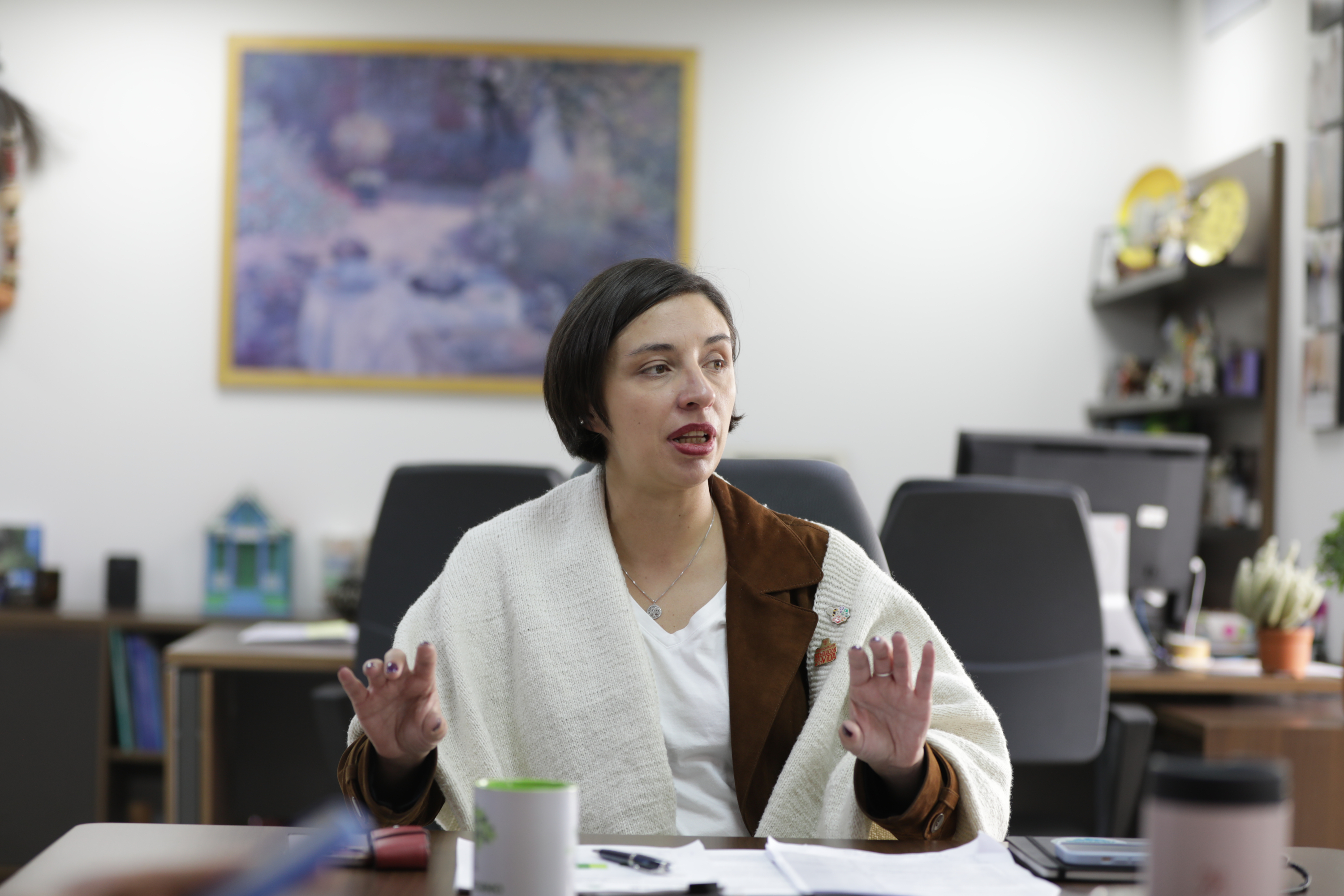
Martha Carvajalino, Minister of Agriculture and Rural Development. Photo: Mauricio Moreno
Carvajalino said the agricultural portfolio's focus is on financing, agroindustry, and production regulation.
"Our processes must advance toward industrialization and market opening. What we produce in Colombia must be produced at an efficient cost and in an environmentally sustainable manner, building peace, and allowing us to market it worldwide," he asserted.
Regarding rice farmers, he said an agreement was reached to temporarily regulate the price of green paddy rice, and progress is being made on regulating white rice . Regarding cocoa farmers, he noted that they are finding ways to ensure crops are both sustainable and efficient.
eltiempo





